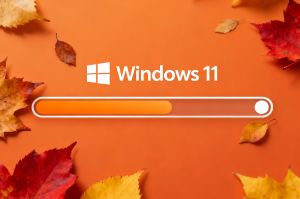 Proven: we don't really work on Fridays. Is there a cure?
Proven: we don't really work on Fridays. Is there a cure?
Friday, right? The only day in a week that successfully combines two opposing states, tiredness and sparkle. You are tired because it’s the end of the workweek, with four days behind you already and one, this one, to go; and you’re sparking in anticipation of the weekend and what fun it’ll bring. The resulting Friday mindset doesn’t boost productivity, which was recently proven scientifically in the context of a study conducted by Texas A&M University.
Researchers took an interesting approach towards data collection: they monitored how employees of a company – all participating voluntarily, of course – were using their computers for a couple of years. Having received enough information, they analyzed it and found that productivity metrics, such as typing speed and mouse activity, decreased notably on Fridays compared to other weekdays. Moreover, Fridays were associated with an increasing number of errors made.
Other studies that investigated this subject discovered that unproductive Fridays cost the U.S. economy approximately $1.9 trillion annually, and that motivation drops significantly towards the end of the week. Is there anything that can be done about it?
What can be done about lazy Fridays?
The best solution, you would agree, is to switch to a 4-day workweek, but if that’s not an option for you, consider:
- focusing;
- making clear plans;
- moving low-stress tasks to Fridays.
Focus Fridays is a real thing: many companies are adopting this approach, which involves minimizing or canceling all meetings so that people could work away without interruptions.
Clear plans are obvious, but not really practiced en masse. Try it once, and you’ll be hooked: when you’re tired, it is much easier to follow a pre-compiled plan than go to the pains of selecting a task from all those you currently have at hand.
Fridays mean more errors, as the cited study shows, so picking jobs that aren’t essential or critically important for these days is a good idea. Especially if the errors you make are easy to correct afterwards, and they do not imply much harm.
Looking for tools to help you overcome the Friday slump? Check out the Productivity section of the Informer catalog:



